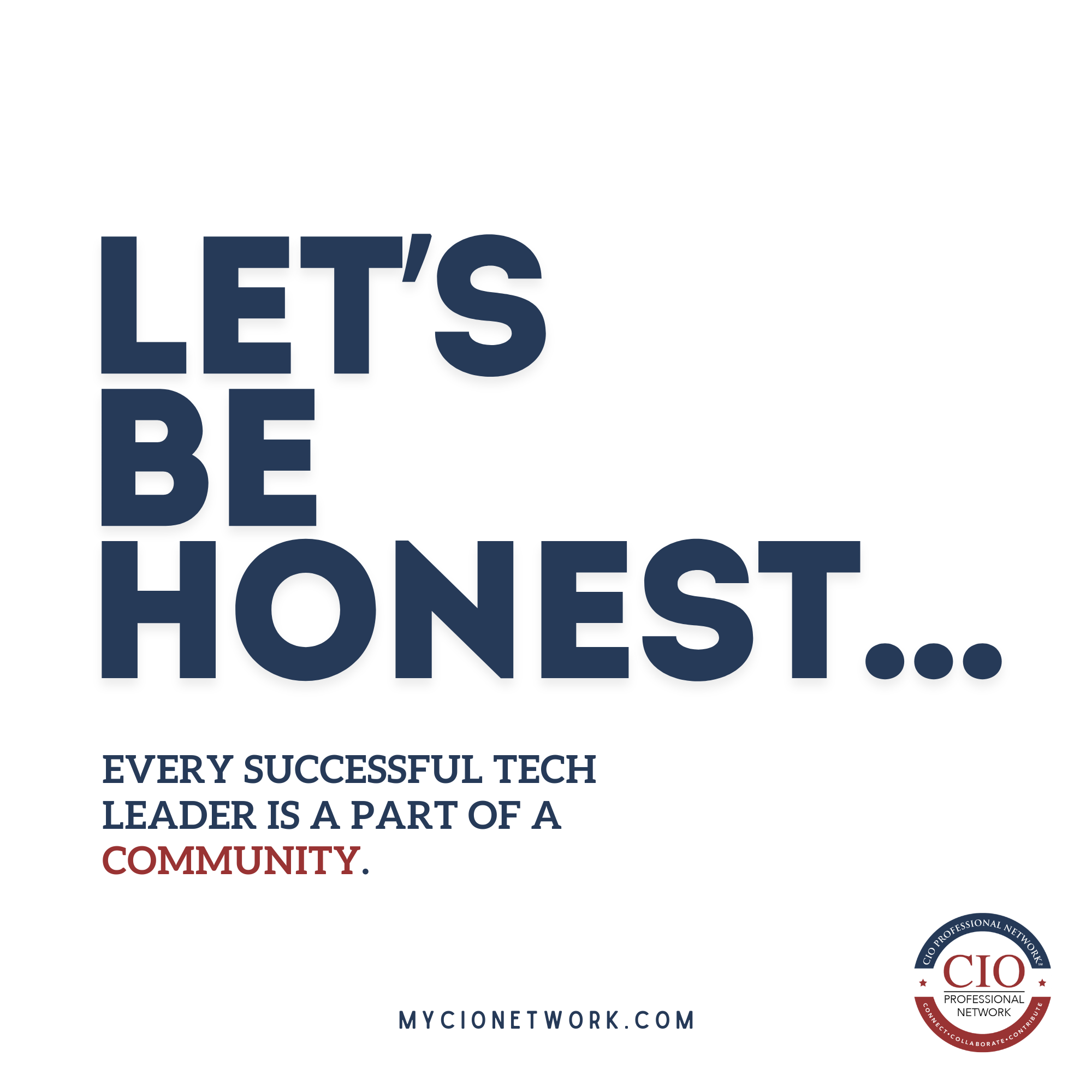Trust has become an endangered asset in today’s work environment. Many employees feel disconnected from those guiding their teams and organizations. When trust in leadership falters, teams become disengaged, innovation slows, and top talent quietly walks away. This growing trust gap is a performance killer, leading to lower retention and diminished results.
Employees today are no longer motivated solely by job titles or paychecks.
They want to work for leaders who are transparent, appreciative, emotionally intelligent, and genuinely invested in their well-being. When trust in leadership breaks down, communication suffers, collaboration weakens, and high performers begin to check out or leave.
To reverse this trend, leaders must move away from outdated management tactics and toward practices rooted in transparency, recognition, psychological safety, and relational intelligence. These human-centered strategies rebuild trust and drive long-term organizational success.
Why It Matters: Trust is essential to employee engagement, retention, and performance. When leaders are perceived as untrustworthy, teams become disengaged, innovation slows, and turnover rises. Research shows that trusted leadership directly correlates with higher satisfaction and stronger performance outcomes. Instead, leaders who invest in trust-building foster environments where people feel safe to share ideas, take risks, and support each other. In a time of rapid change and uncertainty, rebuilding trust through transparency, recognition, and relational leadership is no longer optional. It is a critical factor in sustaining team morale and long-term organizational success.
- Lead Transparently During Uncertainty: With layoffs up 50% in 2025, employees feel expendable. Leaders must be honest, sharing what they know and the values guiding tough decisions. Even partial transparency builds more trust than silence. In times of disruption, employees crave clarity and direction. Leaders who communicate openly about challenges and decisions build credibility.
- Make Recognition Personalized and Regular: Recognition strongly influences performance. When employees feel genuinely valued, they are significantly more likely to thrive and stay committed. When leaders take time to acknowledge specific contributions in a personal way, it shows genuine appreciation. Regular, targeted recognition reinforces a sense of purpose, encourages high performance, and strengthens team morale.
- Model Vulnerability to Build Psychological Safety: Leaders must demonstrate openness by sharing their own challenges and supporting others who do the same. This fosters an environment where innovation and risk-taking can thrive. People perform best when they feel safe to speak up and take risks. This type of vulnerability signals that it’s okay not to be perfect, encouraging a culture of openness, collaboration, and continuous growth.
- Prioritize Relationships Over Productivity Metrics: High performance is often rooted in a sense of belonging. Strong workplace relationships enhance creativity and problem solving, yet many leaders overlook this by focusing too narrowly on outputs. While data and results matter, focusing solely on metrics can alienate teams. Building strong relationships through everyday interactions, active listening, and inclusive practices drives both performance and long-term loyalty.
Go Deeper -> More Than 60 Percent of Leaders Are Failing at Trust Here Are 4 Great Ways to Fix That – Inc.
Trusted insights for technology leaders
Our readers are CIOs, CTOs, and senior IT executives who rely on The National CIO Review for smart, curated takes on the trends shaping the enterprise, from GenAI to cybersecurity and beyond.
Subscribe to our 4x a week newsletter to keep up with the insights that matter.






